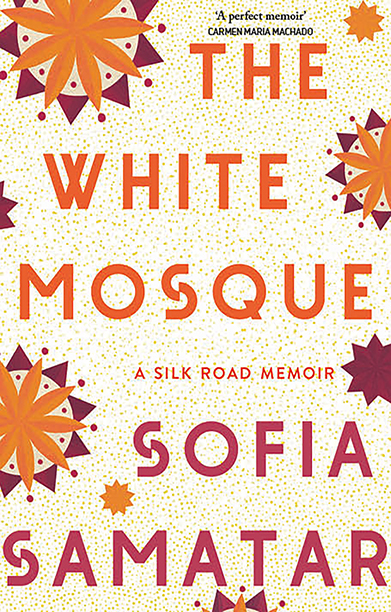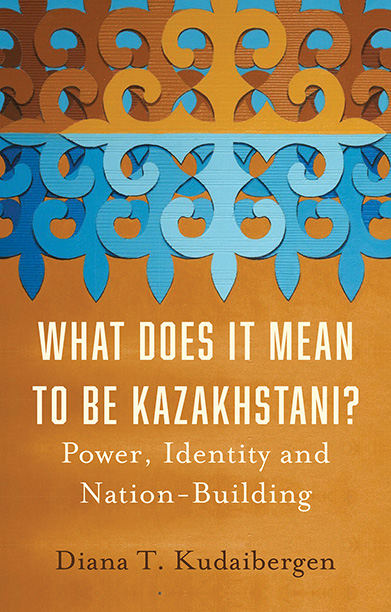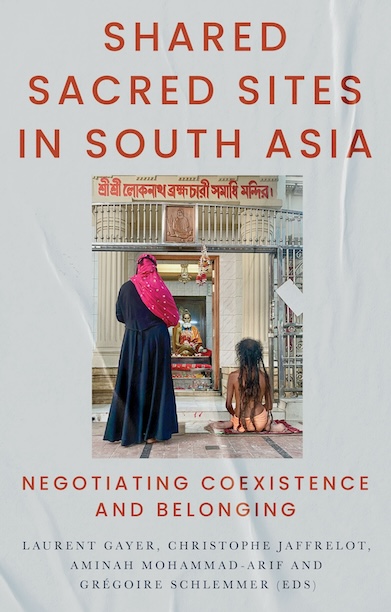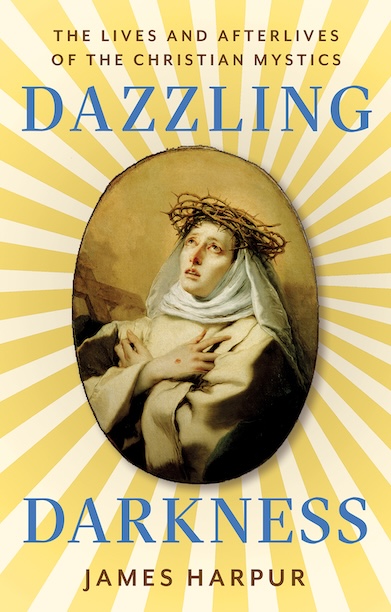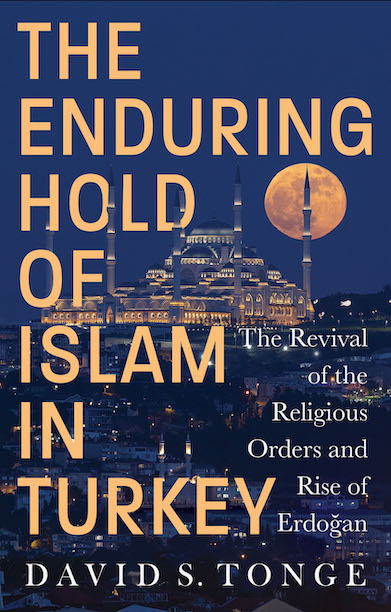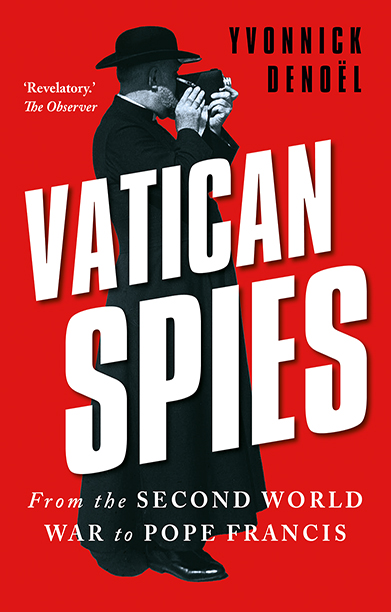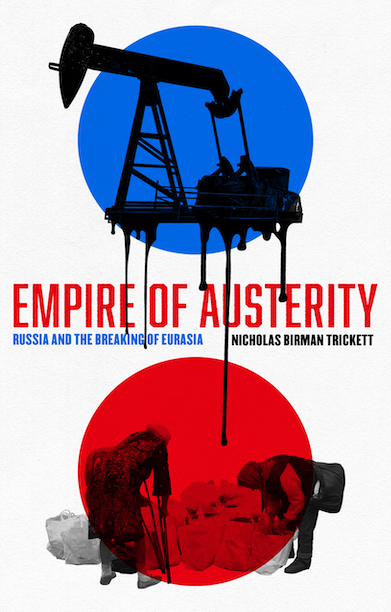The White Mosque
A Silk Road Memoir
Shortlisted for the 2023 PEN/Jean Stein Book Award
Selected as one of Book Riot’s ’21 of the Best Travel Books to Fuel Your Wanderlust’
A Kirkus Reviews Best Book of The Year
A Literary Hub Most Anticipated Book of the Year
A rich history of wanderers, exiles and intruders. A haunting personal journey through Central Asia. An intimate reflection on mixed identity shaped by cultural crossings.
Description
In the late 1800s, a group of German-speaking Mennonites fled Russia for Muslim Central Asia, to await Christ’s return.
Over a century later, Sofia Samatar traces their gruelling journey across desert and mountains, and its improbable fruit: a small Christian settlement inside the Khanate of Khiva. Named ‘The White Mosque’ after the Mennonites’ whitewashed church, the village—a community of peace, prophecy, music and martyrs—lasted fifty years.
Within this curious tale, Sofia discovers a tapestry of characters connected by the ancient Silk Road: a fifteenth-century astronomer-king; an intrepid Swiss woman traveller; the first Uzbek photographer; a free spirit of the Harlem Renaissance. Along the way, in a voice both warm and wise, she explores her own complex upbringing as an American Mennonite of colour, the daughter of a Swiss-American Christian and a Somali Muslim.
On this pilgrimage to a lost village and a near-forgotten history, Samatar traces the porous borders of identity and narrative. When you leave your tribe, what remains? How do we enter the stories of others? And how, out of life’s buried archives and startling connections, does a person construct a self?
Reviews
‘This “palimpsestic quest” through Central Asia … blends travelogue with a larger meditation on faith, community, and colonization.’ — The New Yorker
‘An enthralling memoir.’ — TIME
‘What begins as a ‘palimpsestic’ journey becomes a stunning mosaic of history, memoir and reportage. [A]n impressionistic tour de force.’ — Los Angeles Times
‘[A]n important book.’ — Los Angeles Review of Books
‘Samatar’s language is inviting. … [The White Mosque] sketches what is meant by “Mennonite”: “Europe, Radical Reformation, adult baptism, pacifism, farmers, missionaries, kinship with the Amish”. Crucially, [Samatar] also explains why these words are misleading.’ — Times Literary Supplement
‘[A] thoughtful, gorgeously written account.’ — Literary Hub
‘A luminous exploration of personal and cultural history.’ — Elle
‘Complex and gorgeously written, this memoir invites readers on a journey to the ever expanding borders of human compassion.’ — Kirkus Reviews (starred review)
‘A revelation of mountains of little-known history.’ — Book Riot
‘A winsome memoir chronicling her reflections on a journey through the Central Asian republics of Uzbekistan, Kazakhstan and Kyrgyzstan.’ — Manhattan Mercury
‘In gorgeous, lyrical prose, Samatar writes of a tour she took that followed in the footsteps of a group of German-speaking Mennonites who traveled from Russia into Central Asia in the late 19th century.’ – Book Riot
‘The White Mosque takes you through… [a landscape] of prismatic identities and wandering passions, with the hope and the question of fidelity and coherency at the center.’ — The Christian Century
‘A stream-of-consciousness heritage tour to Central Asia.’ — The Muslim World Book Review
‘An expansive voyage worth taking.’ — InsideHook, ’10 Best Books of 2022′
‘Hilarious and entertaining.’ — Stuff , ‘5 Great Books to Read at the Beach’
‘Fans of Samatar will encounter a new side of the sci-fi author in her memoir where she retraces the steps of German-speaking Mennonites who left Russia for central Asia a century ago.’ — Brittle Paper‘s ‘Notable African books of 2022’, Mail and Guardian
‘[A] captivating and compulsive read.’ — C-Ville
‘Part Pilgrim’s Progress, part collage, pure poetry … [this] book is lovingly written, without a sentence out of sync.’ — OpenCountry Mag
‘The White Mosque is a Rubik’s cube of a book—a memoir but also an intricately researched cultural history and a work of theory.’ — Columbia Journal of Literary Criticism
‘This is a perfect memoir: a mosaic (or as Samatar calls it, ‘a shattering’) of self that elevates the genre of nonfiction to new heights, and an exploration of what it means to stand in the illuminated intersection of history and identity, and bring precise language to the diffuse and unknowable. It is my dearest hope that this book brings Sofia Samatar into the wider public consciousness, something we have not earned, but which she so very richly deserves.’ — Carmen Maria Machado, author of In the Dream House
‘The term memoir doesn’t seem capacious enough to capture what Samatar has achieved with her latest: This book is simultaneously a deep study of faith, identity, art, and the enduring power of stories. It is a grand achievement, and with it, Samatar has cemented her status as one of our most alluring and essential thinkers.’ — Vulture, ‘The Most Anticipated Books of the Fall’
‘[Samatar] excels in inviting readers to experience life through others’ eyes: placing readers alongside her for the journey.’ — Booklist
‘[A] thoughtful, gorgeously written account of a tour [Samatar] took retracing the trekkers’ challenging path to their new settlement, where they lived for some 50 years. But her pleasantly digressive book encompasses much more.’ — BookPage
‘If you’re the kind of reader who enjoys genre-blending nonfiction, this is a book to look out for.’ — Book Riot
‘Samatar’s The White Mosque is an intricate, textured memoir that intertwines the author’s personal history with the stories of the German Mennonites of Ak Metchet, the village they built.’ — Religion News Service
‘Fascinating . . . In evocative prose, Samatar captures the Odyssean sojourn and awakens the stories of the past—painting in harrowing detail the unspeakable horrors that befell the first settlers—while reckoning with her own identity . . . A vivid mosaic that interrogates the spirit of the faithful while celebrating the beauty of storytelling. This riveting meditation on the ‘great tides of history’ yields a wondrous take on the ways the past and present intertwine.’ — Publishers Weekly
‘Voluptuous with imagery and lush with language, this gorgeous memoir of travel and discovery is a perfect summer read . . . Filled with lyrical meditations on faith and community, plus beautiful descriptions of Uzbekistan, Samatar has created something almost transcendent . . . [Her] writing is engaging, enticing, and a gift. This is not only a great book but also an important one. Not to be missed.’ — Library Journal (starred review)
‘The facts of [Samatar’s] identity and personal history are presented within the book not just as an interesting footnote to the story, but act as threads that bind her story with that of the original Mennonite settlers.’ — Asian Review of Books
‘Few of us can match [Samatar’s] education in contemporary Mennonite identity. None of us can make those issues more universal, poetic and prophetic . . . [The White Mosque] should be required reading . . . Samatar makes innovations in the field of memoir.’ — Shirley Hershey Showalter, Anabaptist World
‘At once an intimately diaristic travelogue, a stirring personal inquiry, and a captivating, meticulously researched history . . . In the end Samatar abandoned any precise formula for moving neatly into and out of others’ stories. Instead she built something far more alive: this extravagance of branches and threads and gleaming details, bursting with the kind of treasures yielded only by boundless curiosity.’ — Megan Milks, 4Columns
‘The White Mosque is a luminous, brilliant gaze into some of our most profound questions about identity, inheritance, and all that we carry forward as we move through this world. Page after page, Samatar writes with electrifying beauty, treading that fine balance between lush metaphor, philosophical evocation and unwavering clarity. This is a spellbinding, riveting book.’ — Maaza Mengiste, author of The Shadow King
‘Sofia Samatar’s encyclopedic imagination, her voracious intensity toward literature, her luminous poetic voice, her attunement to the uncanniness and ghosts of history finds her in company with Olga Tokarczuk, W. G. Sebald, Jorge Luis Borges, and Maria Stepanova. The White Mosque may be her magnum opus: a mosaic that both shatters and illuminates.’ — Kate Zambreno, author of Drifts and To Write as If Already Dead
‘A story of pilgrimage, “a palimpsestic quest”. The White Mosque is an oasis for the world-weary soul, a glorious and sensuous glimpse into histories edited out of mainstream conversations … Hurry, reader, settle into a seat with this book and prepare to be delighted.’ — Yvonne Owuor, author of Dust and The Dragonfly Sea
‘There are very few contemporary writers—if any—who can match Sofia Samatar’s kaleidoscopic inventiveness and wonderful wit. She is a genius and The White Mosque is the most mesmeric book I’ve read in years.’ — Diriye Osman, author of Fairy Tales for Lost Children and The Butterfly Jungle
‘Follow an award-winning fantasy author on her personal quest as she trails an ethnic heritage tour that maps onto a nineteenth-century apocalyptic trek and the old Silk Road. The work of a true acrobat of thought, this memoir/travelogue/history/treatise on religious and racial difference/romance seeks nothing less than paths to peace on our parched planet. Visionary, expansive, and wise, Samatar’s exploration stands unparalleled in Mennonite literature and unique among all the new, fine books about identity. Read it and see why the forgotten details of history matter, and how writing can redeem real lives.’ — Julia Spicher Kasdorf, author of Shale Play: Poems and Photographs from the Fracking Fields
‘A brilliant quest narrative like none you’ve ever read. The White Mosque is a passionately researched memoir-helix, written by a genius of genre, and composed of strands of other histories twisted with Samatar’s own. As with all her books, one imagines Sofia Samatar emerging from the scene of its creation like a victor having wrestled questions and forces we are too timid, or not-equipped, to face on our own. Samatar conducts epic battles for her books—to make them real and to give form to what, before we read it, would have seemed impossible to imagine. The result is a work of profound scholarship and kaleidoscopic beauty.’ — Jordy Rosenberg, author of Confessions of the Fox
‘The White Mosque is a text of immense richness, complexity, and beauty. Tracing the Silk Road journey of 19th century Mennonites into central Asia and written with poetic grace, Sofia Samatar finds and marks out innumerable parallel paths across time, space, literatures, and histories, including her own personal story.’ — John Keene, MacArthur Fellow, and author of Counternarratives
‘Sofia Samatar is a writer’s writer. There is sweetness and colour and shade. There is the collision and confrontation with various histories past, moments present. There is the shattering of shimmer and the mosaic of a lived life—lives past and gone that created a way for her breath and becoming. Sofia Samatar in The White Mosque wants to shift the breath of another, wants for words on the page and the sensations they conjure to move something of the inhalation and exhalation of one’s breathing in noticeable even if excitable, even if calming, ways. And my breath was shifted. Not looking to simply confront the past, Samatar’s memoir and memorial compels readers to think about how we handle the past, what we do with it in our hands and with our eyes, as well as how it works on us, produces an effect on us, changes us and what we know of our capacities, ideas, thoughts, imaginations. All this is sensed in the movement that Mennonites traversed toward the end of their world, movements that produce religious convergences and confluences. Is your life a pilgrimage, a journey, a wandering? Reading The White Mosque sets the stage for this kind of thinking, this line of questioning, urgent and necessary and present to take the breath away.’ — Ashon T. Crawley, author of Blackpentecostal Breath: The Aesthetics of Possibility and The Lonely Letters
Author(s)
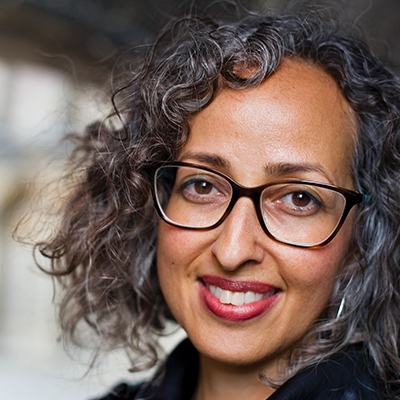
Sofia Samatar is the author of the novels A Stranger in Olondria and The Winged Histories; the short story collection Tender; and Monster Portraits, a collaboration with her brother, the artist Del Samatar. Her work has received the IAFA William L. Crawford Fantasy Award, the Astounding Award for Best New Writer, a British Fantasy Award and a World Fantasy Award. She has also been a finalist for a Locus Award, a Hugo Award, a Nebula Award and the Calvino Prize. Her work has appeared in several 'best of the year' anthologies, including The Best American Science Fiction and Fantasy. Samatar holds a PhD in African languages and literature from the University of Wisconsin–Madison, and she currently teaches African literature, Arabic literature in translation and speculative fiction at James Madison University.
